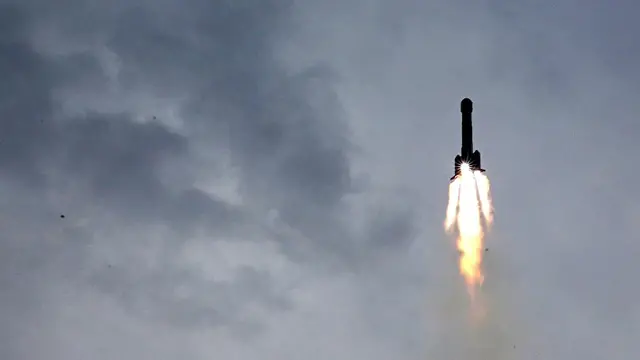China will launch four more space probes and satellites before 2021 as part of the country's efforts to develop space science, the State Administration of Science, Technology and Industry for National Defense (SASTIND) announced on Friday.
One satellite, focusing on monitoring electromagnetic field and waves, is jointly developed by China and Italy and will be launched in August. According to the SASTIND, it will study phenomena related to earthquakes from space.
Two satellites developed by China and France are expected to take off as well in the near future. One is the China-France Oceanography Satellite, slated to be sent into space in 2018. It is tasked with studying ocean-surface wind and waves in order to improve the accuracy of forecasts for ocean waves and strengthen disaster prevention.
The other satellite, aiming to study gamma rays and provide data for research in dark energy and the evolution of the universe, will be launched in 2021.
Moreover, China plans to launch its first Mars detector in 2020.
Following the successful launch of China's first X-ray space telescope, the Hard X-ray Modulation Telescope (HXMT), on Thursday, expectations are high for the upcoming launches of space probes and satellites to develop the country's space research and knowledge.
China's space industry has established a relatively perfect system at present, said Zhao Jian, Deputy Director of SASTIND's system engineering department, adding that the whole industry actually started from scratch. During the past 50 years, China has seen a rapid development in its space industry, especially in fields like space astronomy, space physics, solar exploration, micro-gravity and space life.
"China is open to more international collaboration in space science," said Zhao, emphasizing that China will actively conduct more international cooperation in fields, including moon and Mars expedition missions, manned space technology development and space environment exploration.
(CGTN)
 简体中文
简体中文

